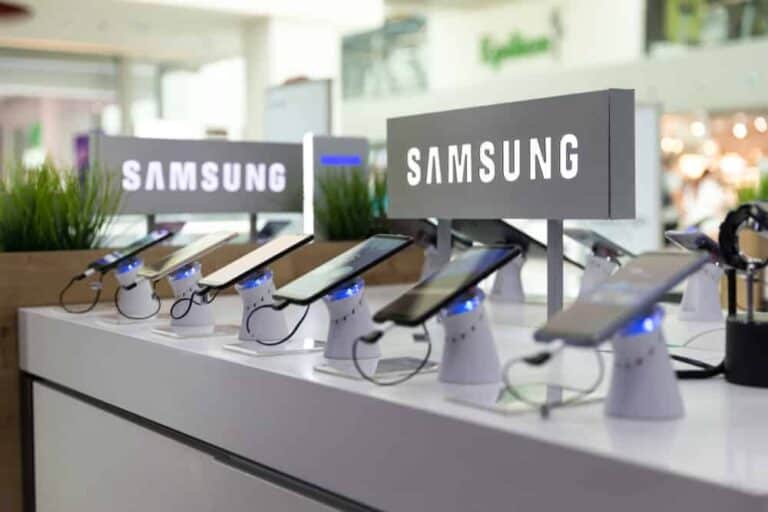Samsung Electronics is a leading supplier of system memory. However, it would like to supply High Bandwidth Memory to Nvidia for the biggest profits, but it is losing the competitive battle in this area. Due to the lack of demand for memory for AI chips, the South Korean company’s profits fell by 39 percent this quarter.
The continued weakness in financial performance deepens investor concerns about Samsung’s ability to keep up with smaller rivals in the development of high-bandwidth memory (HBM) chips. The problem lies largely with the certification of Samsung’s latest HBM3E 12-layer chips by Nvidia. This certification is taking considerably longer than expected, causing Samsung to fall behind in the HBM race, where billions in revenue are at stake.
Market position under pressure
Operating profit for April-June is expected to come in at 6.3 trillion won (US$5.7 billion), the lowest level in six quarters according to LSEG SmartEstimate. While competitors SK Hynix and Micron are benefiting from strong demand for memory modules for AI data centers, Samsung’s growth remains limited. The company is heavily dependent on the Chinese market, where sales of advanced chips are restricted by US trade restrictions.
“HBM revenue likely remained flat in the second quarter as Chinese sales restrictions persist and Samsung has yet to ship HBM3E 12-layer chips to Nvidia,” said Ryu Young-ho, senior analyst at NH Investment & Securities. He expects Samsung’s shipments to Nvidia to be insignificant this year.
Alternative channels
Samsung, which in March still expected meaningful progress with HBM chips as early as June, declined to confirm whether the HBM3E chips have passed Nvidia’s qualification process. However, the company began deliveries to competitor AMD in June, which may offer some compensation for the lost Nvidia revenue.
Trade policy as a complicating factor
The challenges extend beyond technical issues. Several Samsung business units, including those focused on chips, smartphones, and home appliances, are facing uncertainty due to US import tariffs. President Trump’s proposal for 25 percent import tariffs on non-US smartphones and the July 9 deadline for tariffs on many trading partners are casting a shadow ahead.
In addition, the US is considering revoking licenses for global chipmakers, including Samsung, which would make it more difficult for them to obtain US technology for their Chinese factories.
Samsung’s smartphone business is expected to remain stable, helped by inventory build-up due to possible US import tariffs. However, uncertainty about trade policy remains an important factor for all business activities.
